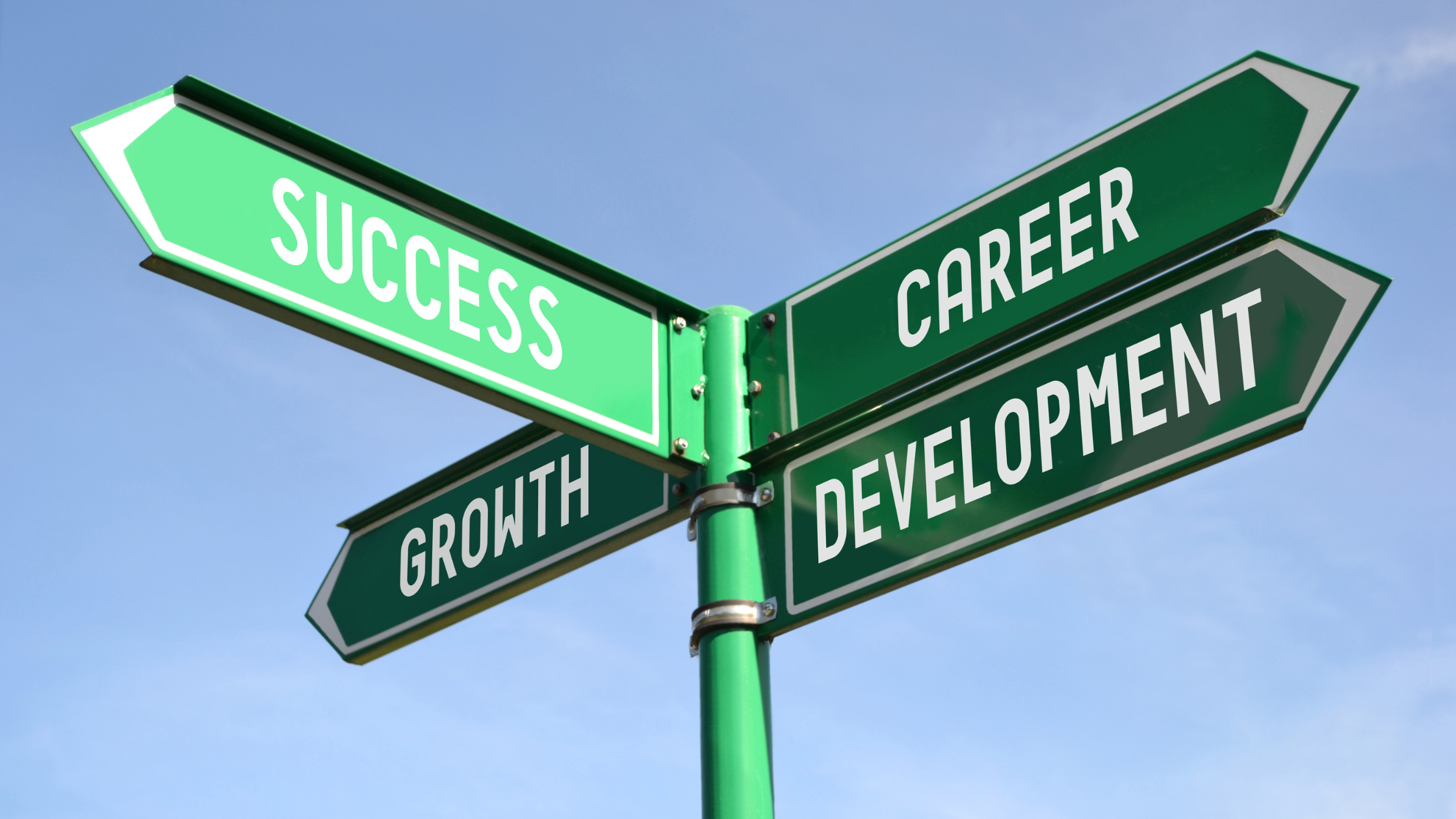How a growth mindset can help you achieve your goals.

“Individuals who believe their talents can be developed have a growth mindset. They tend to achieve more than those with a more fixed mindset” – Carol Dweck
A growth mindset is a term used in psychology to describe a person’s belief that their abilities can be developed through dedication and hard work.
The following is a definition of growth mindset according to Carol Dweck, a researcher in the field of mindset: “A growth mindset is the belief that your basic qualities are things you can cultivate through your efforts. With a growth mindset, you believe that your intelligence and talents can be developed. This view creates a love of learning and a resilience that is essential for great accomplishment” (Dweck, 2006). A growth mindset is all about embracing challenge and effort, instead of avoiding them or giving up when things get tough. People with a growth mindset don’t shy away from hard work – they see it as an opportunity to improve their skills and become smarter and more talented.
What is a growth mindset?
In order to achieve success in any area of life, it’s essential to have a growth mindset. But what exactly is a growth mindset? A growth mindset is the belief that intelligence can be developed. It’s a view of intelligence that sees it as something that can be improved with effort and practice. People with a growth mindset see failure as an opportunity to learn and grow. They’re more likely to take risks and challenge themselves. People with a fixed mindset, on the other hand, believe that intelligence is set in stone. They see failure as a sign of personal inadequacy.
This way of thinking leads to increased motivation, because individuals feel like they are in control of their own success. People with a fixed mindset, on the other hand, believe that their talents and abilities are predetermined and unchangeable. This can lead to decreased motivation, because individuals feel like they have no control over their success.
Success is not final; failure is not fatal: It is the courage to continue that counts. –W. Churchill
These wise words by Churchill unfold what the growth mindset is all about: seeing opportunities instead of obstacles.
That means seeing failure as a chance to develop your abilities further.
Power of a growth mindset
Most people are familiar with the concept of a fixed mindset vs. a growth mindset, but don’t fully understand the implications of each. A fixed mindset is the belief that your abilities and traits are set in stone – you are either good at something or you’re not. A growth mindset, on the other hand, is the belief that your abilities and traits can be developed over time through effort and perseverance.
The power of a growth mindset lies in its ability to help you overcome obstacles and achieve success. People with a fixed mindset tend to give up more easily when they encounter difficulties, because they believe that they don’t have the ability to improve. People with a growth mindset, on the other hand, view obstacles as challenges to be overcome. They are more likely to persevere in the face of adversity and ultimately achieve their goals.
How do I develop a growth mindset?
A growth mindset is the belief that intelligence and abilities can be developed. This is in contrast to a fixed mindset, which is the belief that intelligence and abilities are predetermined and cannot be changed.
In order to develop a growth mindset, it is important to understand the process that is involved. There are three main steps in the growth mindset process: recognizing your current mindset, developing a new mindset, and practicing the new mindset.
Step #1 Accept that your thinking needs adjusting.
We live in a skillset-driven society that emphasizes learning new skills and improving the ones we’re weakest at. This often fosters the belief that we need more education in order to achieve our goals. Some people go back to school, others take seminars and workshops or read books, always looking for that silver bullet skill set that will make everything fall into place.

Don’t get me wrong, I’m not downplaying the value of skill sets; but more often, it’s our mindsets that need adjustment. The good news is, it’s a lot less expensive and much faster to change your mindsets than to go learn a new skill. So step one is simply to acknowledge that you’re going to work on your mindsets first.
Step #2 Develop a new mindset.
This involves adopting new beliefs about yourself and your abilities. These beliefs should be based on evidence and supported by your experiences. It is important to be realistic in setting your goals and expectations for yourself.
Step #3 Practicing the new mindset.
This involves putting the new beliefs into action and testing them out in different situations. It is like you are living the growth mindset on a daily basis. Put in mind that you have to embrace changes and challenges. Despite failures, you still have to persevere. These actions are only a few signs that you have a growth mindset.
What are the benefits of having a growth mindset?
One of the key benefits of having a growth mindset is that it allows people to learn from their mistakes. People with a growth mindset know that they can always improve and grow, no matter how successful they are. This makes them more open to learning new things and trying new things, which helps them become better at what they do.

People with a growth mindset also tend to be more creative and innovative. They are not afraid to think outside the box and come up with new ideas. This can help them solve problems in ways that others have not thought of before.
Lastly, people with a growth mindset tend to be more motivated and persevering. They know that success does not happen overnight, and they are willing to put in the hard work necessary to achieve their goals.
What are the negative effects of having a fixed mindset?
A fixed mindset can have a negative effect on individuals in many different ways. For one, people with a fixed mindset often give up easily when they encounter setbacks. They believe that they are not good at tasks or activities and, as a result, they do not try very hard or persist when things get difficult. This can lead to a lot of frustration and unhappiness because people will not be able to accomplish anything if they do not try. Additionally, people with a fixed mindset tend to be very judgmental of themselves and others. They are always looking for mistakes and flaws in their own performance as well as the performance of others. This can cause a lot of tension and conflict in relationships. Lastly, people with a fixed mindset tend to be inflexible and closed-minded.
Key takeaways on developing a growth mindset
Having a growth mindset can have many benefits in all aspects of your life. It is important to start developing a growth mindset at an early age in order to see the greatest benefits.
In a world where everything is fast-paced, having a growth mindset is vital to our career. People need to continuously learn to be competitive enough. According to a report by McKinsey, up to 375 million workers worldwide will need to change roles or learn new skills by 2030. Research shows that your mindset predicts achievement.
It’s not how good you are but how good you want to be that matters.
Next steps to consider
Unlock your true potential through our groundbreaking neuroperformance programs, where your secret genius comes to life. In just 12 weeks, experience a comprehensive transformation that touches every aspect of your existence: from career and daily performance to health, wellness, cognitive function, habits, relationships, energy levels, and even personal and spiritual growth. What sets us apart is our unwavering dedication to the brain—the very foundation of all transformative endeavors.
Genius knows no bounds and comes in various forms, and our program is designed to help you tap into your individual brilliance by fostering learning, knowledge, and profound personal evolution. Discover the incredible journey that awaits you by exploring our programs.
